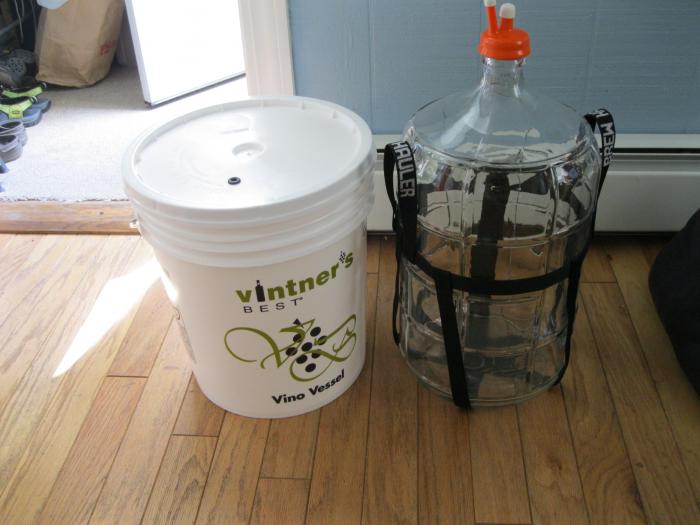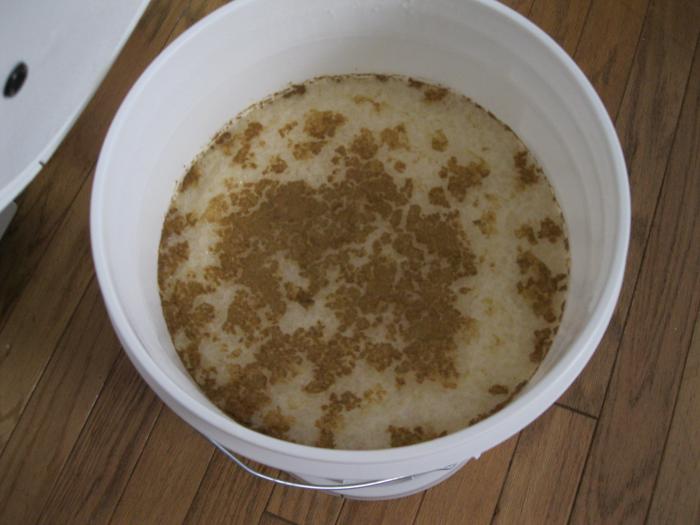Thunder_Chicken
Well-Known Member
I've been brewing beer for a while and have tossed together several batches of apfelwein because it is dirt cheap and simple. I also have a small batch of mead that I hope my wife will eventually enjoy. Outside of that my winemaking experience is zero.
But now I would like to attempt a "real" wine, a Merlot. I know kits are available, but my experience with kit beers has been poor so I am leery about buying one for wine. I have also heard it is possible to get juice in buckets.
The Merlots that I have enjoyed were generally light on tannin bitterness, nicely balanced (neither too sweet or too dry). I particularly like wines from the Furnace Brook Winery in W. Massachusetts.
Any pointers as to the best avenue to start? If someone can vouch for a particularly good kit I'm open to suggestions for those, but I'm open to anything really.
But now I would like to attempt a "real" wine, a Merlot. I know kits are available, but my experience with kit beers has been poor so I am leery about buying one for wine. I have also heard it is possible to get juice in buckets.
The Merlots that I have enjoyed were generally light on tannin bitterness, nicely balanced (neither too sweet or too dry). I particularly like wines from the Furnace Brook Winery in W. Massachusetts.
Any pointers as to the best avenue to start? If someone can vouch for a particularly good kit I'm open to suggestions for those, but I'm open to anything really.






































![Craft A Brew - Safale S-04 Dry Yeast - Fermentis - English Ale Dry Yeast - For English and American Ales and Hard Apple Ciders - Ingredients for Home Brewing - Beer Making Supplies - [1 Pack]](https://m.media-amazon.com/images/I/41fVGNh6JfL._SL500_.jpg)














